When Will I Become An Adult?
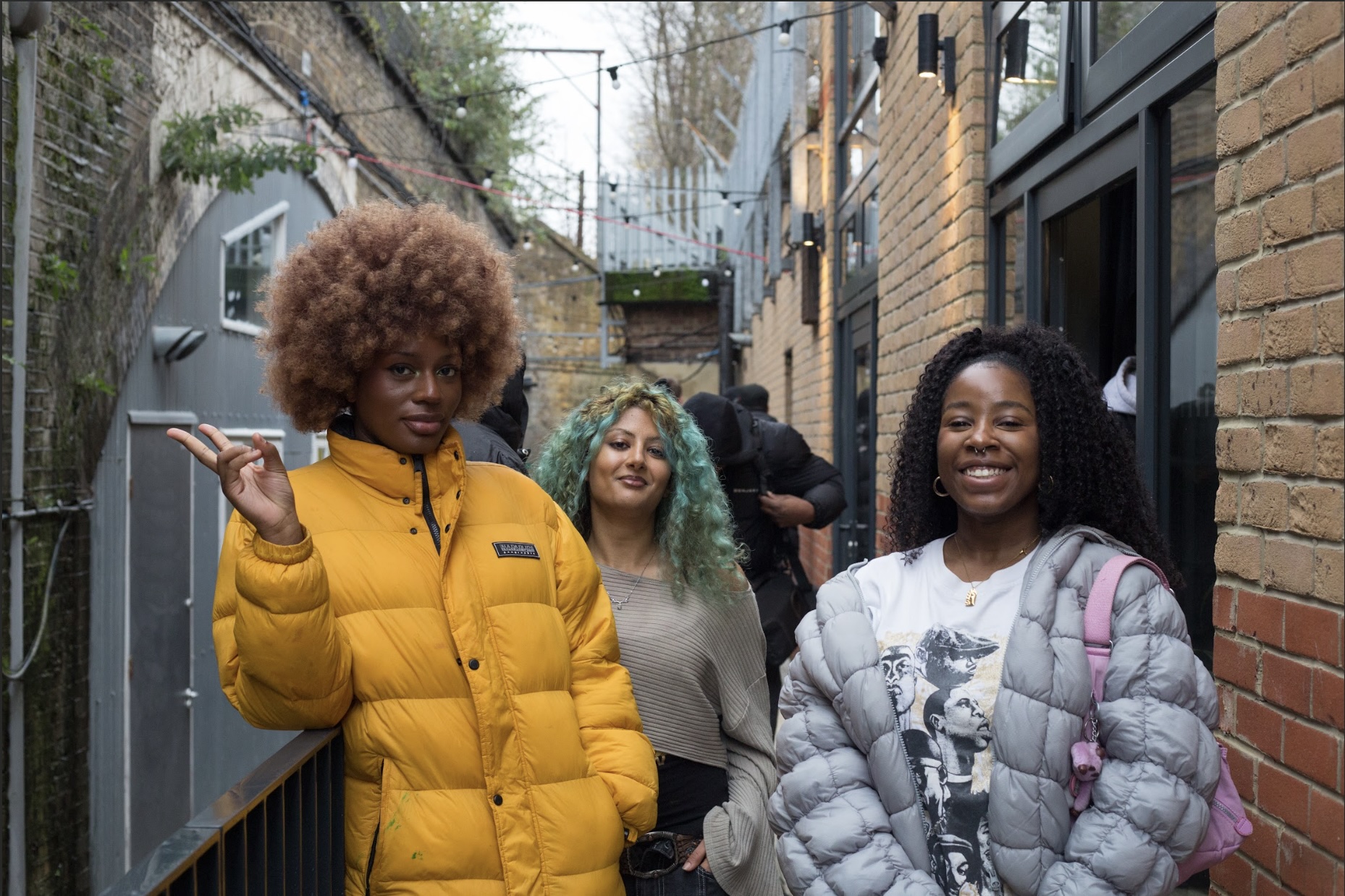
I’m 25. I live at home with my parents. In the same house I grew up in, in the same area I grew up in. I can’t drive. I don’t pay bills. And I don’t really ever go grocery shopping. In many ways, I am living the same lifestyle I was living when I was 15, only timetables and GCSEs have been replaced by Google Calendar and pitch decks.
If you’d told 15-year-old me I’d be here in 10 years, I doubt I would have believed you. Or, at the very least, I would have been somewhat disappointed by my lack of growth – or should I say, my perceived lack of growth.
Growing up watching Friends, my idea of being in your 20s pivoted around the show’s central concept: that being in your 20s entailed living with your ‘Friends’ – love life dramas would be resolved around kitchen tables, week-day evenings spent sipping cups of tea (for them it was coffee) or watching TV programmes. At the same time, late nights out would end with going home together. My reality is somewhat different.
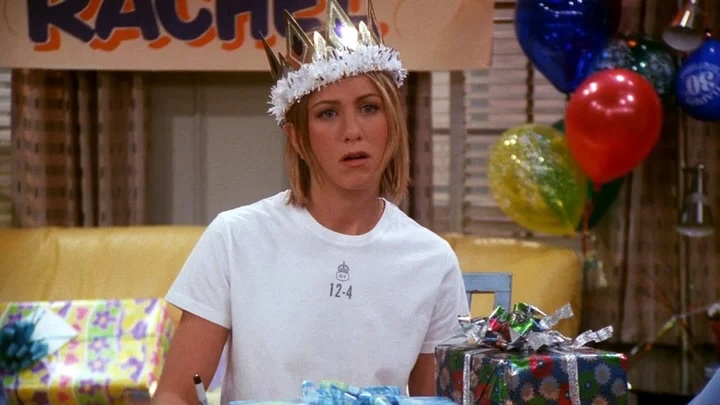
One particular episode of Friends is etched into my mind forever: ‘The One Where They All Turn Thirty’. It is Rachel Green’s birthday, and she is upset because she feels she has not achieved “enough” in her three decades of living, and is running out of time to do so. The standards that Rachel holds herself to include: not reaching her career goals, not having a secure relationship, not having children and generally not having everything “figured out”.
But perhaps Rachel was holding herself to unrealistic standards. Perhaps the markers of adulthood have moved, and perhaps they have moved even further back still for my generation. For all the things Friends did wrong (and it did a lot wrong), its presentation of Rachel’s life in her 30s was far more realistic than the ones churned out in other rom-coms and media narratives of the time, which presented marriage and children as synonymous with the milestone.
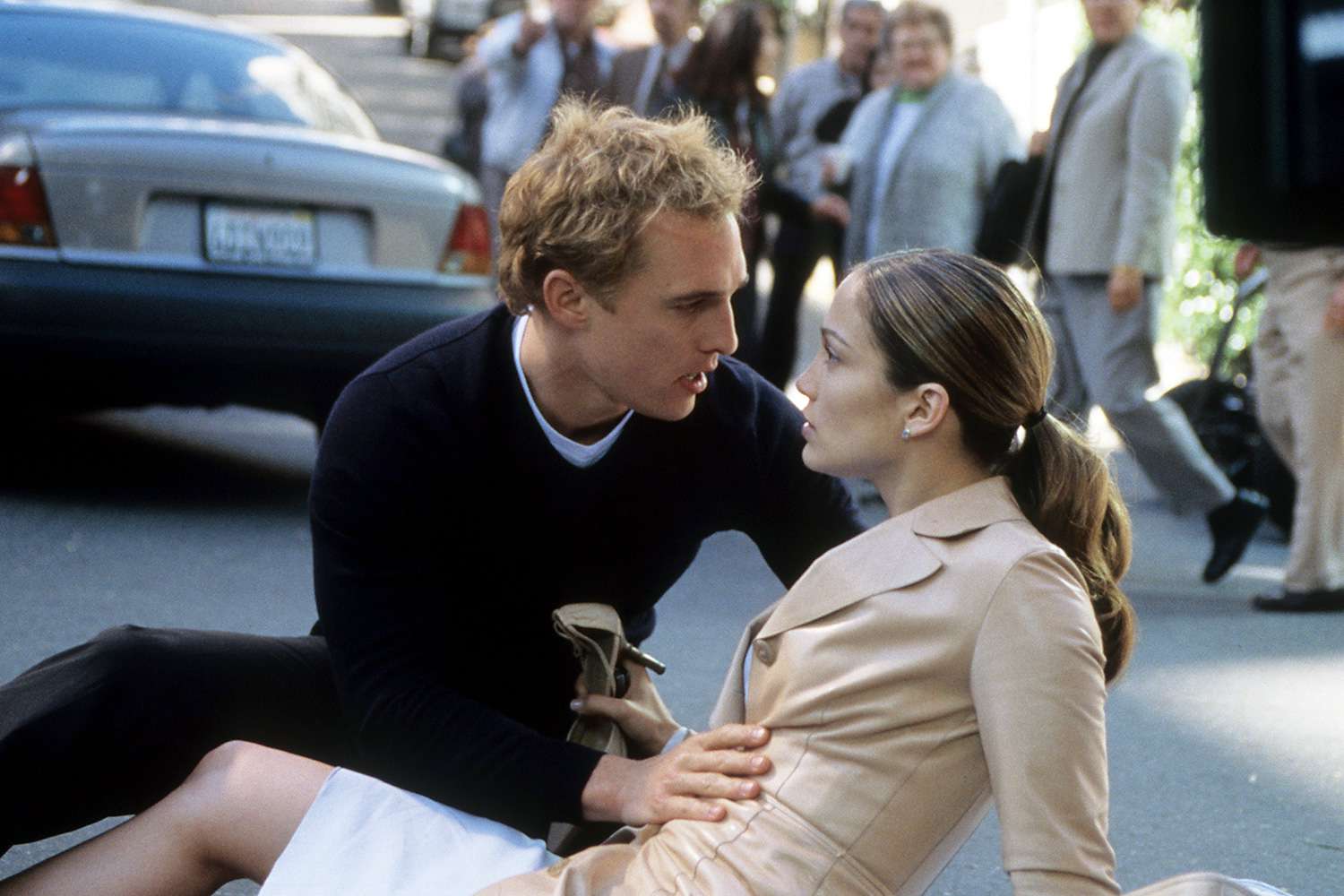
It’s fair to say that Gen X moved these markers back themselves, with the average age of marriage in the UK for heterosexual couples in 2022 at 35.3 years for men and 33.2 years for women. But now there’s a mark even harder to reach. One that millennials and Gen X had no problem ticking off: moving out.
Generation Z have been labelled Generation Boomerang – a reference to our journey from childhood home to university (for those who can afford/choose to go) and back to childhood home, as a result of extortionate rent prices and an ever-worsening cost of living crisis. I can imagine university used to serve as a sort of purgatory period between childhood and adulthood, in the sense that you lived a sort of cushioned version of the real world, gaining relative independence, whilst safe in the knowledge that there would be a support net to catch you if all went wrong. Now, it serves more as a taster – a teaser of what life could be, before it’s quickly snatched back and the process is reversed.
If the marker for adulthood is leaving the nest, then most of my friends (all in their mid-20s) are still children.
But is this really the case, or do we need to redefine what it means to be an adult?
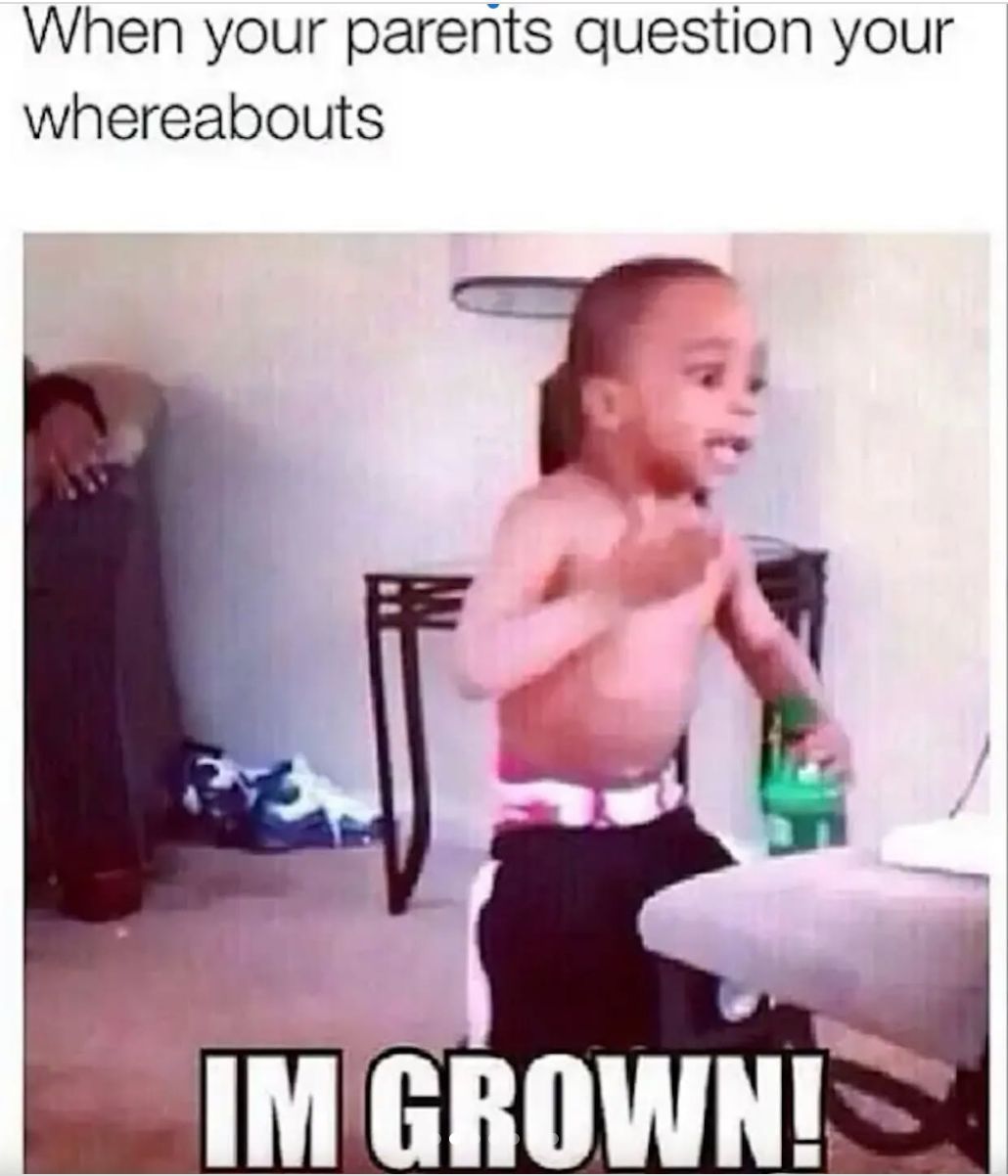

If adulting means self-sufficiency and self-sufficiency means being able to look after yourself, does that have to be in economic terms? How about looking after yourself from a mental and physical health perspective?
Among other nicknames given to us, Generation Boomerang has also been designated the ‘sober-curious’ title, with a study conducted by YouGov finding the number of 18-27-year-olds who commonly binge drink falling from 84% in 2004 to 33% in 2024. In a similar vein, more young people are going to the gym than ever before, smoking less and eating better, with veganism, low-sugar diets and other health-conscious food trends (often spread via social media) on the rise within this age group.
Are these not indicators of adulthood? Knowing the long-term consequences of your actions and making the right choices to prevent them? Not risking your health in pursuit of short-term pleasure? Being aware of the fragility of life? Adolescents believe they’re invincible; adults know they are not.
“I think millennials were less concerned with health when we were coming of age but in some ways I feel as though the recession in 2008 forced us to become adults quicker,” says Jesse, our Head of Culture, “For better or worse, some navigated that transition easier than others but I think a lot of that is because we were in this new internet age that no one had ever experienced before.”
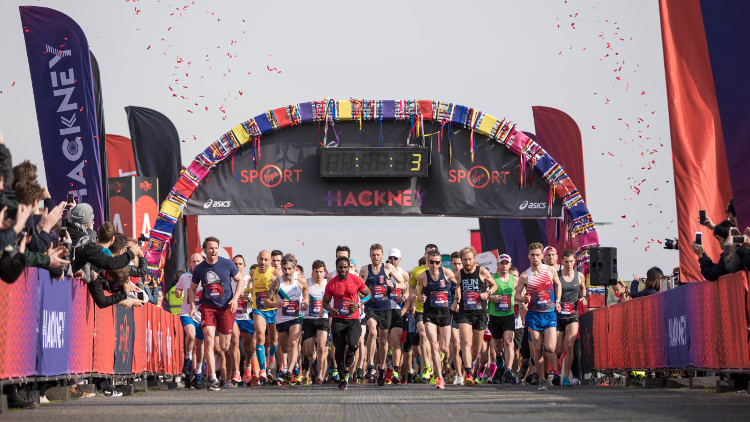
We are also seeking therapy at higher rates than ever before, with research suggesting Gen Z are 37% more likely to have received treatment compared to Millennials (35%), Gen X (26%), Baby Boomers (22%), and the Silent Generation (15%). Perhaps Gen Z are reaching higher levels of emotional maturity at a faster rate than those who came before them through embarking on a journey of self-healing and self-discovery, and acquiring a sense of identity and purpose, long before they’ve acquired any real material assets?
The term mid-life crisis – widely used for people who reach somewhere between the ages of 40 and 60, only to realise they don’t really know who they are – suggests there was a level of emotional immaturity amongst preceding generations. Will we see less of this with Gen Z, as young people spend longer seeking the answer to this question earlier in life?


Parenthood is another marker of adulthood worth reconsidering. Whilst many recall the day of their child’s birth as the moment they truly felt grown-up responsibility, there are more and more young people choosing not to have children. Does that make them less adult? Or, alternatively, is there power and bravery in opting out of what society tells us to do? A rejection of social standards and resilience in not following the crowd is more of a marker of maturity, independence, and growth than choosing to go along with the status quo.
Maybe then, the ultimate marker of adulthood is about having self-awareness and self-acceptance? Whether we can fully ever achieve that is another story. A journey towards that seems like a good place to start, whether that journey is taken in your first house, a shared flat or your childhood home.
